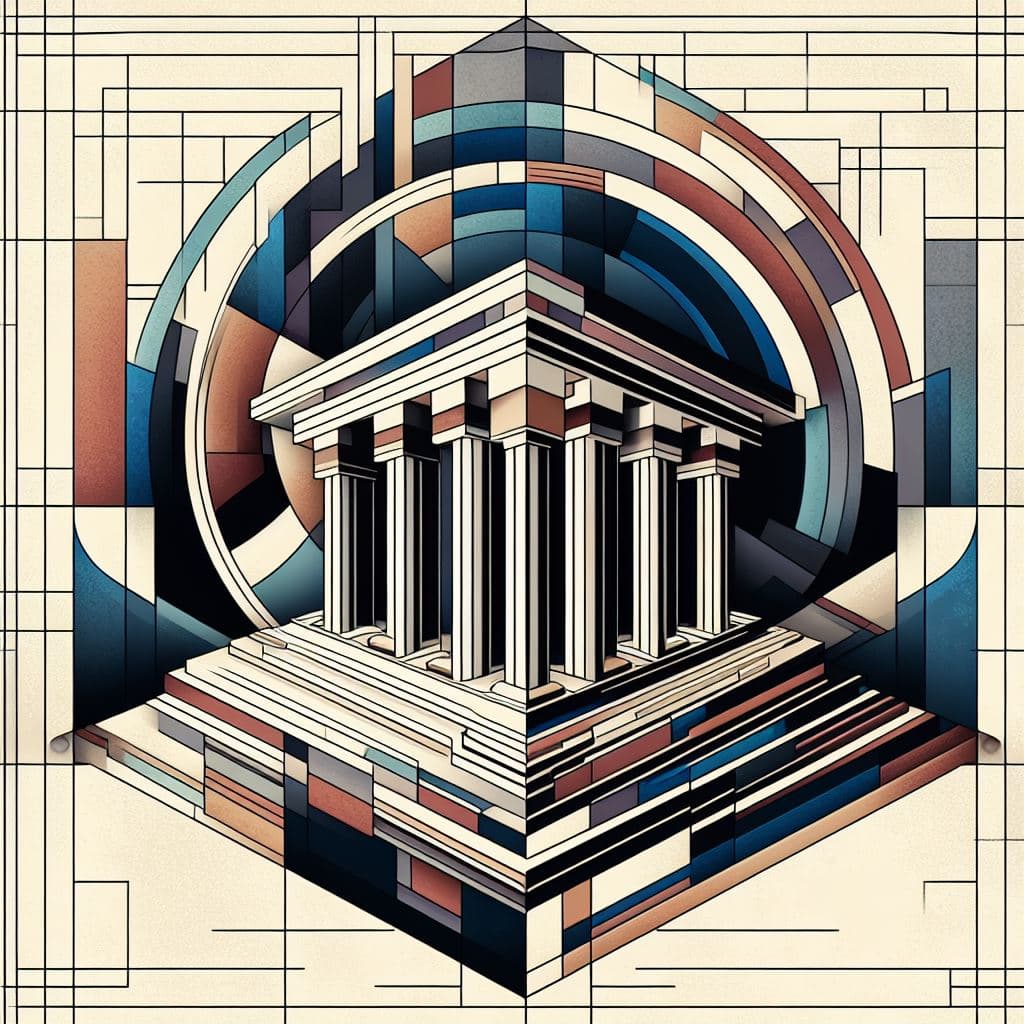So with Artifical Intelligence we tried to draw something, what can be defined as improved constitution. Will we do it successfully? Let's find out...
What AI would take from the best current practices That's what it suggested to use:
Introduction
What makes a constitution "ideal"? Different countries have different social fabrics, histories, and political environments, and thus their constitutions reflect these unique circumstances. However, what if we could take the best elements from every existing constitution and combine them into one "ideal" document? In this thought experiment, we will discuss the principles and elements that would make up such a constitution.
Separation of Powers: United States
The United States Constitution is often lauded for its balance of power among the executive, legislative, and judicial branches. This separation ensures that no single entity can amass too much power, preserving democratic principles. In our ideal constitution, a well-defined separation of powers will be a cornerstone.
Social Welfare: Scandinavian Models
Countries like Norway, Sweden, and Denmark are renowned for their emphasis on social welfare in their constitutions. These include clauses that obligate the government to provide services like healthcare, education, and unemployment benefits. Our ideal constitution would also prioritize the welfare of its citizens.
Human Rights: Universal Declaration and Germany
The Universal Declaration of Human Rights serves as an aspirational document for many constitutions around the world. Germany's post-war constitution, the Basic Law, is particularly strong in protecting human dignity and rights. The ideal constitution should have a robust section devoted to human rights.
Transparency and Accountability: South Africa
South Africa's constitution includes detailed mechanisms for transparency and accountability, particularly under Chapter Nine, which establishes institutions to support democracy. An ideal constitution would mandate clear processes for transparency in government actions.
Environmental Protection: Ecuador
Ecuador's constitution is unique for recognizing the rights of nature. It emphasizes environmental protection as a responsibility not just to humans but to the planet itself. In a world grappling with climate change, our ideal constitution would include strong clauses on environmental protection.
Cultural Rights: Canada
Canada's constitution incorporates cultural rights, allowing for the protection of minority languages and cultures. In an increasingly globalized world, preserving cultural heritage and diversity is crucial. Our ideal constitution would include provisions for the protection of cultural rights.
Conclusion
By borrowing from the strengths of various global constitutions, we can envision an ideal constitution that would serve not just a nation but humanity at large. While no constitution can be universally "perfect," synthesizing global best practices can bring us closer to a more balanced, humane, and effective foundational document.
Would such a constitution be practical in the real world? That's a topic for another discussion. But this exercise serves to remind us that the quest for an ideal governance model is both necessary and ongoing.
Articles, generated by AI also provided here. Are they just copy-paste or the improvement of existing constitutions?
